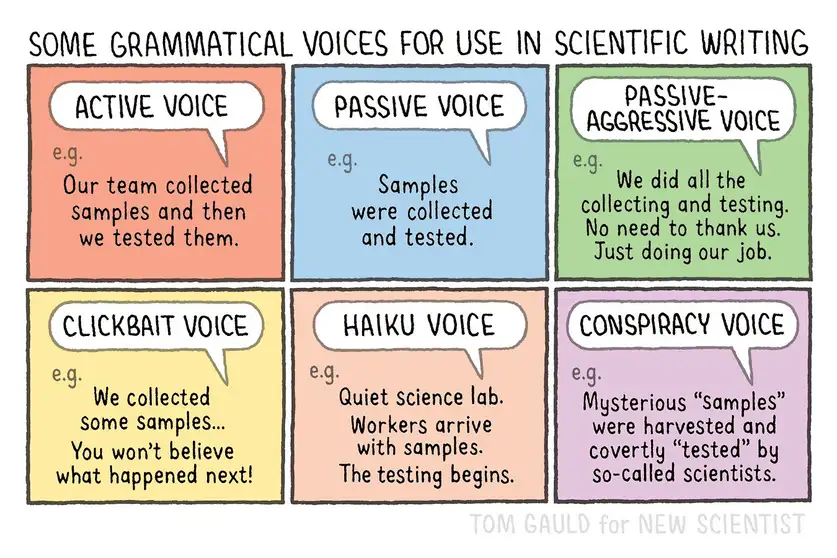Commencement speech of Korean student at National Taiwan University (NTU)
In almost perfect Taiwan Mandarin, you can see and hear Song Meina deliver her graduation speech here. A transcription of her speech may be found in this newspaper article. The article has four pages, and her speech begins at the bottom of the first page. It is sprinkled with a small amount of Korean and a bit of Taiwanese, but it is otherwise fluent, idiomatic Taiwan Mandarin.
Particularly noticeable was that the transcription wrote the Mandarin phonetic symbols bo po mo fo ㄅ、ㄆ、ㄇ、ㄈ as the beginning of her learning Mandarin at an overseas elementary school in Korea. I was also struck by the use of the phonetic symbol "e ㄟ" several times, once as an exclamation and the other times as the Taiwanese grammatical particle indicating possession pronounced ê [e].
Read the rest of this entry »

